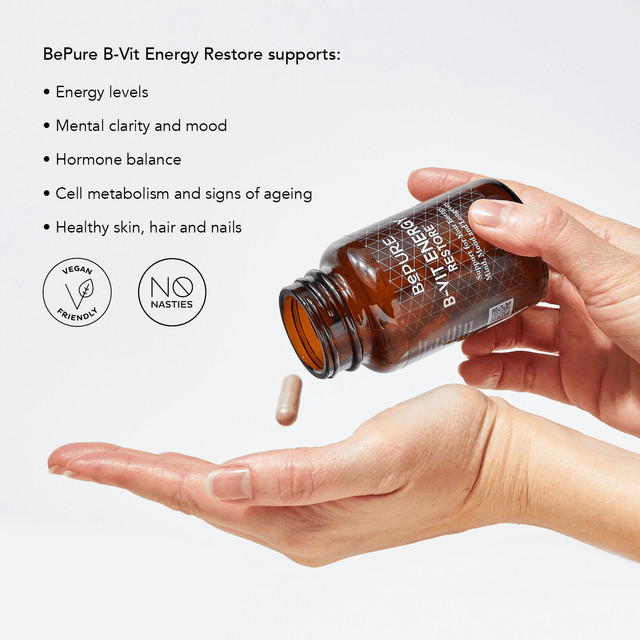Whilst feelings of overwhelm and tiredness are increasingly common in the modern world, they are certainly not normal and if anything, are detrimental to health and wellbeing. But did you know these two states are synonymous for a reason?
How is stress connected to energy levels?
Stress is a physiological response our body makes in response to any demand for change. This means we can experience stress due to what we think, feel, and experience, psychologically and physically. Regardless of whether our stressors are physical or psychological, current, anticipated or imagined our body always comes to the party in the same way to help us survive.
Whilst the physiology involved in our stress response is generated from a complex yet well coordinated myriad of processes, it is not 100% bullet proof and is not designed to be ‘always-on’. When turned on and off in times of need our stress response contributes to an optimal sense of wellbeing, greater performance, heightened focus and boundless energy. However when used in excess, our stress response can negatively impact our mental health, brain function, metabolism, sex hormones, immune system and energy levels.
If you have ever wondered “why am I so tired all the time” you may be intrigued to know that one of the most common symptoms of constant stress is fatigue. This intertwined state of feeling wired and tired can be explained (at least in part) by the role nutrition plays in stress and energy production. To function optimally this our stress response needs adequate amounts of nutrients - namely B-vitamins. This is because B-vitamins are integral to the production and regulation of the glands, hormones and neurotransmitters that make up our stress response (our HPA-axis).
Beyond this mechanistic understanding of the importance of B-vitamins our stress response, emerging data from human trials show that these nutrients can help to improve feelings of perceived stress, mood dysregulation, fatigue, and cognitive impairment.
Simple ways to destress & refill your energy tank:
1. Find time to be mindful each day
Just a couple of minutes each day engaging a mindfulness practice like meditation, yoga, gratitude journalling or deep-belly breathing can help us to switch off, destress and find our inner calm - even if it is only momentarily.
2. Get your groove on.
Movement is like a mini-vacation from the stress of everyday - its free and you can do it anytime, anywhere. Walk, dance, gym, garden - do what sets your soul alight, mutes your worries and uplifts you.
3. Make sleep your new best friend
Research demonstrates that a lack of quality sleep leaves us more likely to feel mentally foggy, stressed, tired and emotional on-edge. To help you get your 7-8 hours of nightly shut-eye, focus on optimising your wind down routine. This may mean avoiding screens 2 hours before bedtime, candlelit evenings, after-dinner strolls, scheduled bedtimes and/or sleeping in a cold dark room.
4. Eat like your great grandparents did
Nourishing food choices are important for our nervous system. They contain nutrients, anti-oxidants and fibres that we need to help regulate our stress responses and support resilience. Enjoying a wide variety of whole, fresh and unprocessed foods can make a world of difference to how we deal with stress by provide our bodies with the nutrients it needs to “soldier-on”.
5. Take a high strength B-vitamin supplement
If you are feeling tired, stressed and all the rest? B Vitamins can help - these are essential nutrients support every single cell in our body and play a key role in both energy production and stress resilience. BePure B-Vit Energy Restore is packed with a full spectrum of powerful B-vitamins, selenium & iodine for thyroid function and a potent dose of L-theanine to support mental clarify, boundless energy and inner resilience.


